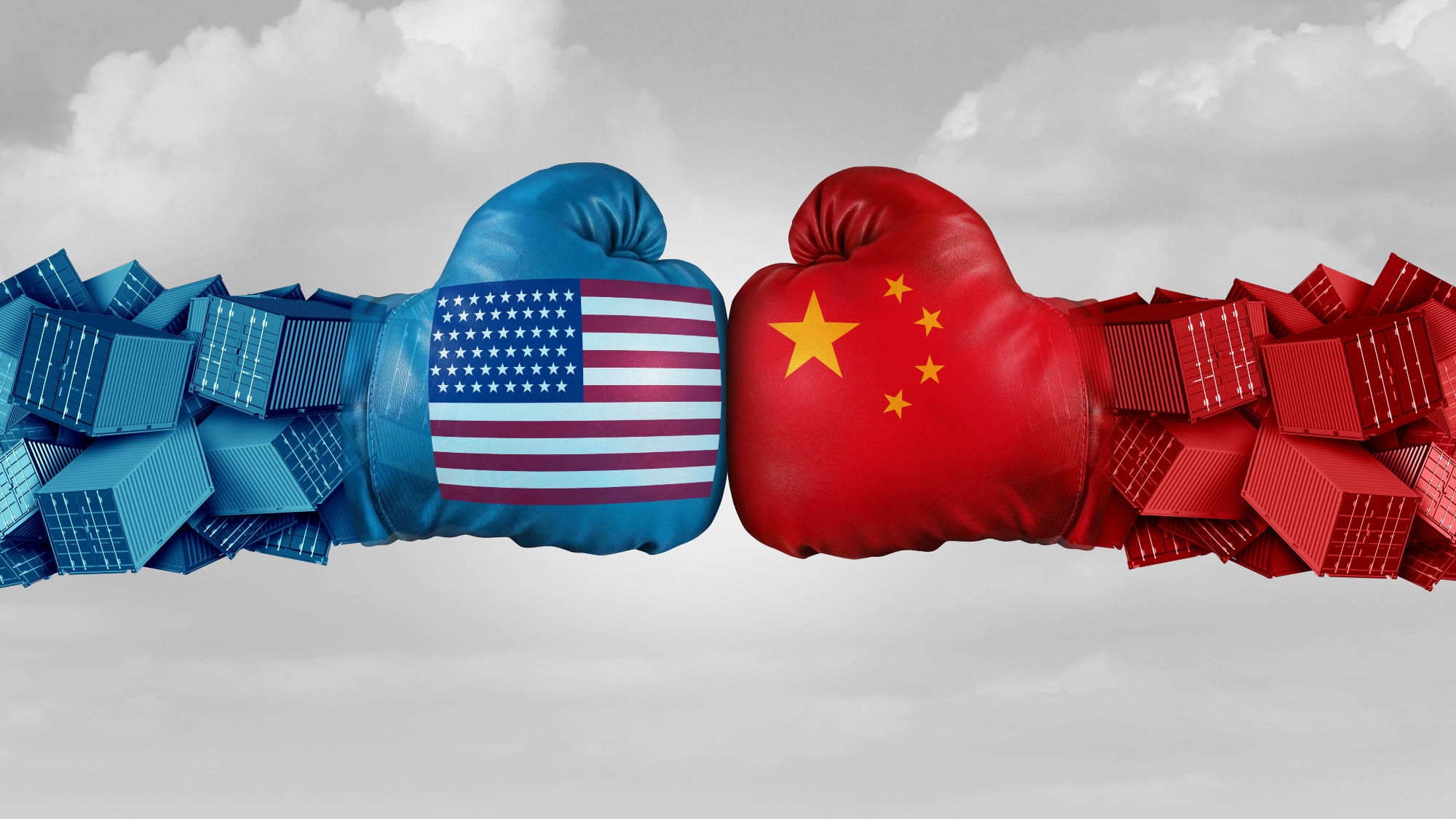Can You Trust the Trust in Supply Chain Relationships?
One of the most misunderstood and ripe areas for development in the area of supply chain relationships is in the area of trust. Trust (and its cousin, Collaboration) seems to be the single most discussed element in making supply chains function effectively and efficiently.
This observation is corroborated by the evolution of trust in the fields of industrial economics, organizational behavior, marketing, and organizational theory. Of all the elements critical to managing supply chains, trust is one of the most commonly cited elements, yet one of the most difficult to measure.
Many different paradigms exist regarding trust. In paradigm one, researchers posit that trust is a cognitive predictability or reliability of another party. The second paradigm addresses the competence of a party as a component of trust. In the third paradigm, a recognition of trust as an altruistic faith or goodwill felt toward another party is proposed. The fourth paradigm relates the concept of vulnerability to trust. Let’s review some of these concepts.
Reliability
Reliability can be broken down into several elements. Reliability is dependent on prior contact with a party or experience. Repeated interaction and time leads to levels of confidence, consistency and finally trust. Reliability then leads to predictability which is confidence in future actions. While reliability is important, what motivates reliability is often more important. Reliability must be based on integrity or honesty to be effective. Reliability based coercion or stress eventually creates a suboptimal relationship or total breakdown.
Reliability can often be confused with predictability. Reliability primarily addresses a party’s past behavior while predictability actually takes past behavior and other information to address probabilities of future performance. Reliability and predictability are closely related terms and definitions addressing either term fall into this body of theory. Firms or people who meet a threshold level of predictability can by definition be trusted.
What this means in simple terms is that trust is not something that occurs overnight, but is built up over time through repeated interactions and acts of good faith. For example, a long-term customer relationship may be based on a continuous discussion of problems that occur and are resolved over time. I recall at a meeting between a senior VP of purchasing and a senior VP of marketing from two companies with a ten year history of a solid business relationship. The VP of marketing noted that the reason the relationship worked, is that “Whenever there was a problem or conflict, I was able to march over to his office, shut the door, lay it out on the table, and work it out! Sometimes it took a few hours, but when I came out, we both felt better about the situation.”
Competence
Competence is one’s perception of the ability of a party to meet commitments and can be viewed in three contexts. First, specific competence which is trust in the other’s specific function or area. Second, interpersonal competence is the ability of a person to work with people or people skills. Finally, business sense which addresses a person’s experience, wisdom, and common sense. A key takeaway from this research is that to trust a supply chain partner, you have to have some confidence that they are able to do the work effectively. For a supply chain manager, this might mean visiting a supplier and evaluating them, to ensure that they have the facilities, people, and knowledge to carry out the contract.
Goodwill
Beyond reliability or predictability, trust can also be defined in terms of a faith in the goodwill of others. This faith or goodwill recognizes the importance of interpersonal relations as an important element of trust, with a heavy dependence on openness between people and emotional investment in the relationship. Affect based trust could almost be confused with interpersonal or personal trust because personal issues creep into the relationship in terms of problem solving, listening, and sharing. A key distinction between cognitive and affect-based trust is that while cognitive based trust may or may not exist at the interpersonal level, affect-based trust almost always exists only at the interpersonal level.
Vulnerability
A key breakthrough in the use of the term trust is the relationship between vulnerability and trust. Vulnerability is a key issue, because trust without some kind of vulnerability simply cannot exist. If a party chooses a course of action that involves no vulnerability then the firm has simply made a rational decision. If there is no uncertainty or risk, then the party is freely giving the other party something. If there is no exposure by both sides, then the firms are simply making a rational decision based on probabilities.
One of the greatest deterrents to trust is power. Many industry stories detail the havoc wreaked on supply chains by powerful retailers, automotive OEMs, and other power brokers who drive bullwhip effects, vendor managed inventories, and other forms of power exertion. How should supply chain researchers treat power? What do we know about power? Perhaps the judicious use of power or even restraint from power can lead to the various types of trust discussed.
Clearly, the interplay of trust, dependence, and power is an issue that companies in all walks of life will have to manage for some time into the future. If companies are serious about deploying supply chain management, skills in managing relationships and forming bonds that go beyond the traditional boundaries, managing this interplay will be key to success.
- Categories:


